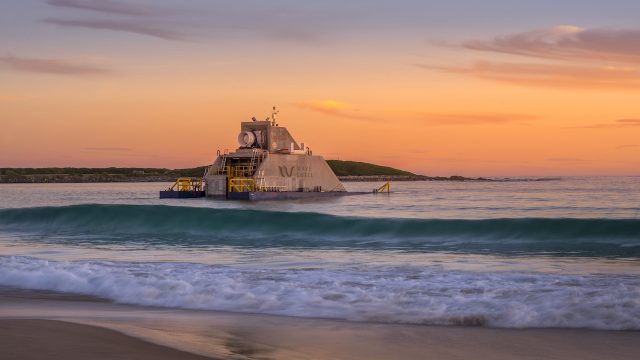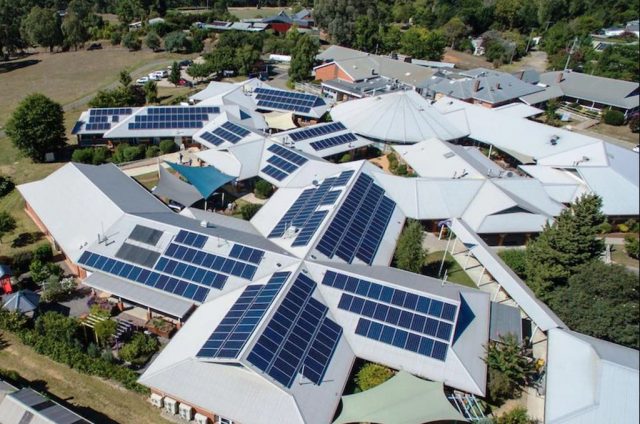ARENA opens $50 million fund for regional microgrid projects
Microgrids are unlocking reliable, affordable renewable energy for remote populations.

A new $50 million fund will support the deployment of microgrids and renewable energy across regional Australia.
The funding will help communities to take control of their energy needs while also improving resilience for bushfire-affected communities, boosting reliability in weak parts of the electricity grid and reducing the need for polluting diesel generation.
First announced in the 2020-21 Federal Budget, the Regional Australia Microgrid Pilots Program (RAMPP) will complement an existing fund which supports regional and remote communities to scope the feasibility of constructing microgrids.
ARENA CEO Darren Miller said the program will fund pilot projects that demonstrate the potential for microgrids to benefit regional and remote communities.
“Whether it’s maintaining electricity supply during and after emergencies such as bushfires and floods, or improving the reliability and security of power supply in remote communities, this program will showcase the diverse benefits microgrids offer regional Australia,” Mr Miller said.
What are microgrids?
Microgrids are small, localised networks that share energy from interconnected small-scale technologies like solar and batteries with small communities.
As well as improving energy independence for isolated populations, they offer a way to accelerate the shift to locally-deployed renewable energy.
While microgrids are not new, the falling cost of solar, batteries and energy management technology is making them a viable option for more regions that struggle with expensive, polluting and unreliable electricity supplies.
King Island in Bass Strait has shown what is possible, using a combination of solar, wind, wave power and battery storage to displace more than two-thirds of the diesel generation the community has relied on for generations.

This approach allows communities to benefit from affordable, dependable electricity supplies, without the cost of building and maintaining transmission to centralised networks like the National Electricity Market.
The remote town of Denham in Western Australia’s Shark Bay World Heritage area is undergoing a different type of transformation, replacing its diesel generators with a microgrid fuelled by green hydrogen.
While microgrids are often connected to larger grids that can supply energy in the event of generation shortfalls, the new funding will also be extended to ‘stand alone’ systems that are designed to operate independently.
Supporting real-world projects
The new program will provide grants to projects that have already been found to be viable through feasibility studies, with most successful applicants expected to receive between $1 million and $5 million.
Communities around the country have undertaken preliminary works through the Regional and Remote Communities Reliability Fund, including Yackandandah in Victoria’s north-east.
The picturesque town has become a microgrid pioneer, installing three systems to distribute energy amongst the local population of nearly 2000 people.

Recently, rooftop solar uptake passed 60 per cent of households in the Yackandandah Valley, with the next phase of work to focus on building energy storage to capture excess daytime generation to meet the evening peak.
Totally Renewable Yackandandah Inc is now assessing the financial viability of different technologies, including 1-2 MW of battery storage and 5-6 MW of pumped hydro.
Their study will focus on providing the capability to island the town’s power supplies to achieve the most safety and energy resilience.
Apply now
Applications for funding through the Regional Australia Microgrid Pilots Program are now open.
LIKE THIS STORY? SIGN UP TO OUR NEWSLETTER

ARENA